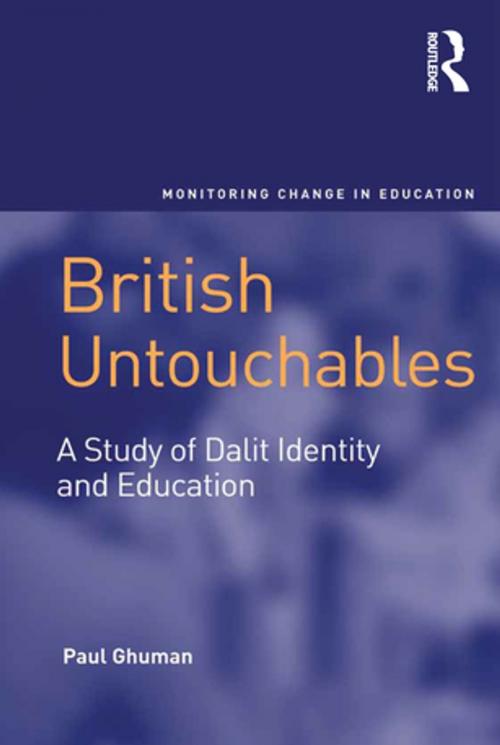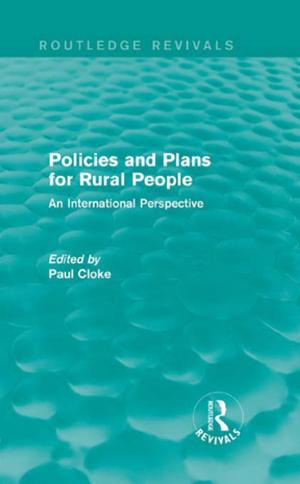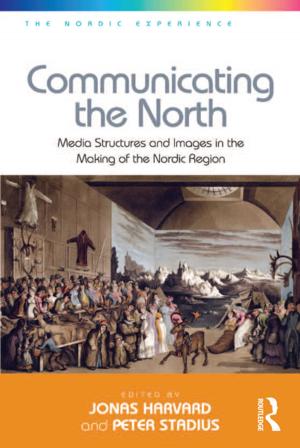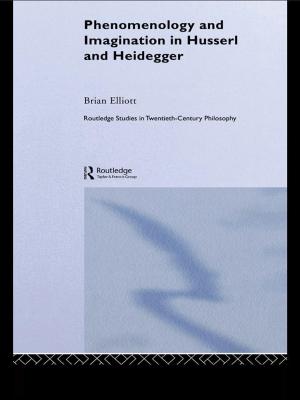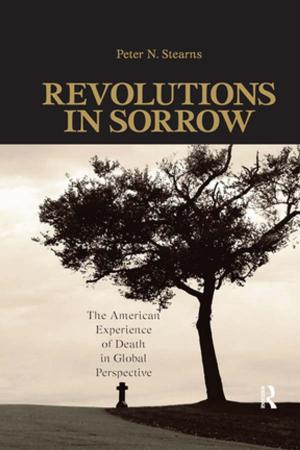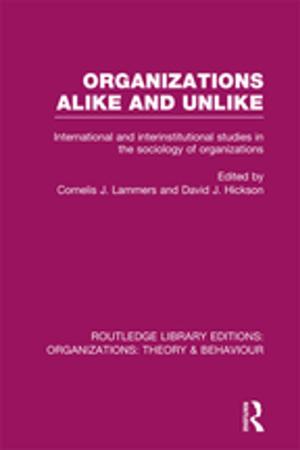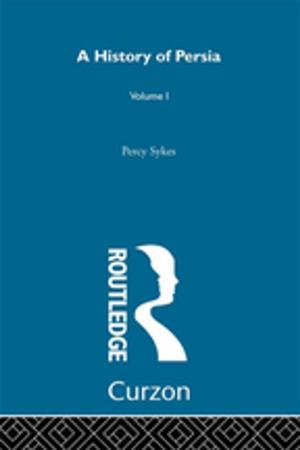British Untouchables
A Study of Dalit Identity and Education
Nonfiction, Reference & Language, Education & Teaching, Educational Theory, Educational Reform, Social & Cultural Studies, Social Science, Cultural Studies, Emigration & Immigration| Author: | Paul Ghuman | ISBN: | 9781317171393 |
| Publisher: | Taylor and Francis | Publication: | April 15, 2016 |
| Imprint: | Routledge | Language: | English |
| Author: | Paul Ghuman |
| ISBN: | 9781317171393 |
| Publisher: | Taylor and Francis |
| Publication: | April 15, 2016 |
| Imprint: | Routledge |
| Language: | English |
Dalits, formerly called 'untouchables', remain the most oppressed community in India, and indeed in South Asia and have, until recently, been denied human and civic rights. On emigration to the UK and other Western countries they faced a double disadvantage: caste discrimination and racial discrimination from 'white' society. However, in the late 1990s, second-generation Dalit professionals challenged their caste status and Brahmanism in the West and in South Asia. This work provides a major study on the issues facing the education of Dalit children and young people growing up in Britain. The book is based on extensive fieldwork and uses a qualitative research methodology, including in-depth interviews with parents, teachers and children, and detailed observations in homes, schools and places of worship e.g. gurdwaras. It offers a detailed view of areas such as socialisation of children, schooling and education, examination success, parental perceptions of education, bilingualism, acculturation patterns, cultural conflicts and caste and social identities. Central to this work, too, is a thorough introduction to the religious concepts that underpin the notion of 'untouchability' in Hinduism. This is a significant contribution to this under-researched community by a scholar who is one of the leading authorities on the education of South Asian children in Britain.
Dalits, formerly called 'untouchables', remain the most oppressed community in India, and indeed in South Asia and have, until recently, been denied human and civic rights. On emigration to the UK and other Western countries they faced a double disadvantage: caste discrimination and racial discrimination from 'white' society. However, in the late 1990s, second-generation Dalit professionals challenged their caste status and Brahmanism in the West and in South Asia. This work provides a major study on the issues facing the education of Dalit children and young people growing up in Britain. The book is based on extensive fieldwork and uses a qualitative research methodology, including in-depth interviews with parents, teachers and children, and detailed observations in homes, schools and places of worship e.g. gurdwaras. It offers a detailed view of areas such as socialisation of children, schooling and education, examination success, parental perceptions of education, bilingualism, acculturation patterns, cultural conflicts and caste and social identities. Central to this work, too, is a thorough introduction to the religious concepts that underpin the notion of 'untouchability' in Hinduism. This is a significant contribution to this under-researched community by a scholar who is one of the leading authorities on the education of South Asian children in Britain.
